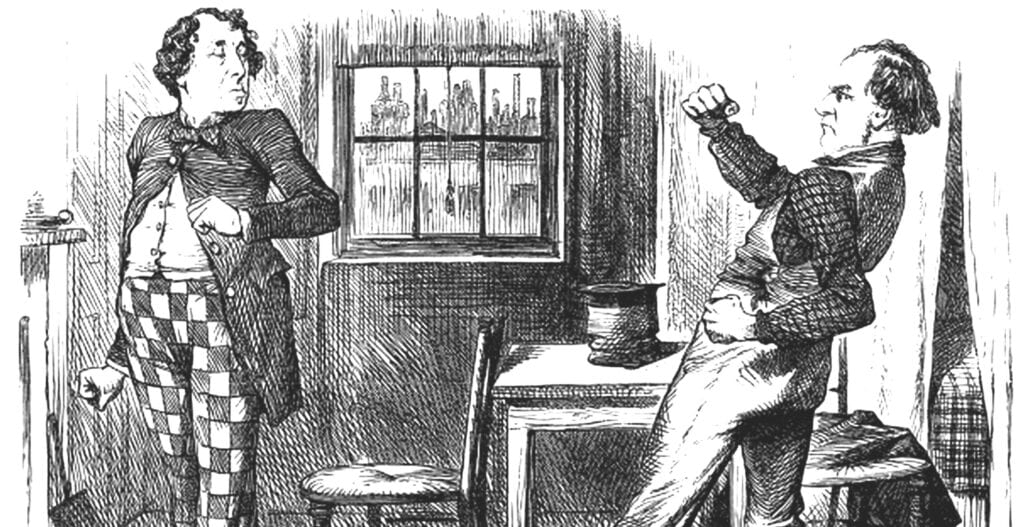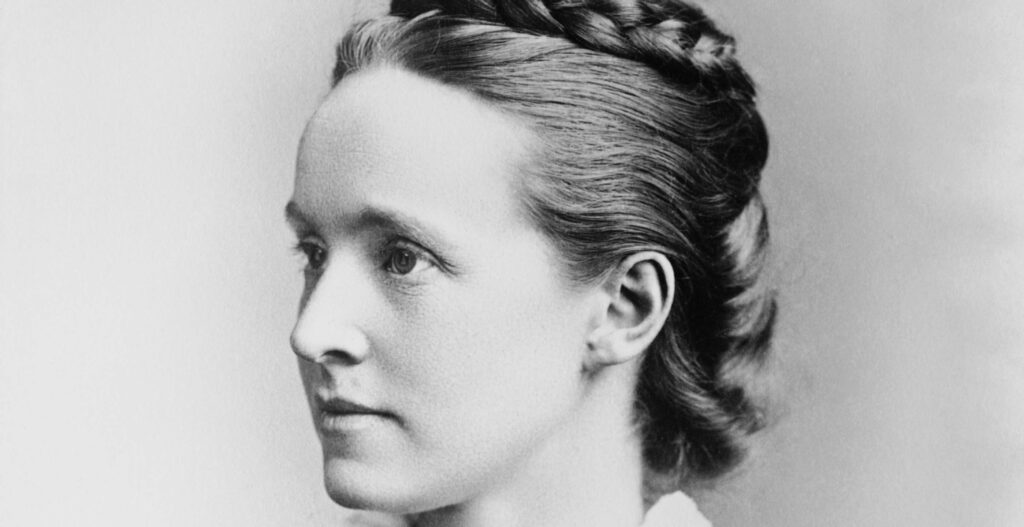The History of Britain Magazine
Welcome to the History of Britain! The home nations share a varied and shared history unlike anywhere else, so we thought it only right to create a section dedicated to our mutual heritage.
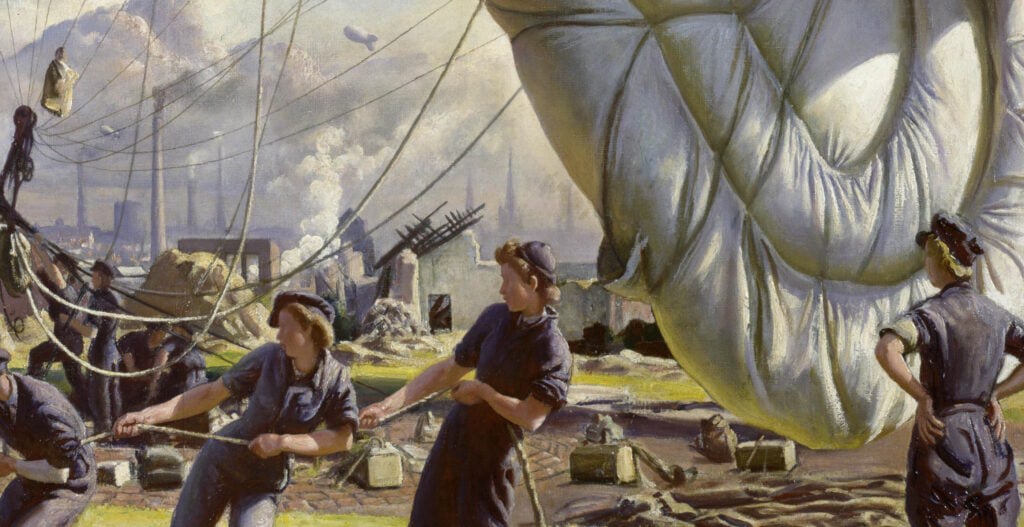
Warbirds and War Balloons: Operation Outward
Taking a page out of Churchill’s “ungentlemanly warfare” strategy, Operation Outward weaponised the unpredictability of barrage balloons, armed with incendiary devices and trailing wires, let loose and floating over occupied Europe, causing havoc wherever they went…
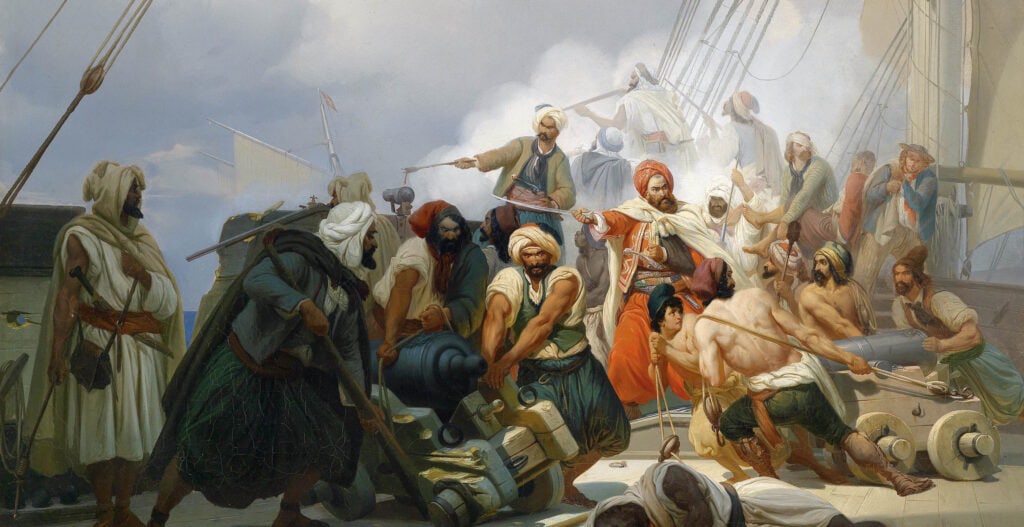
Helen Gloag, Sultan’s Wife
The extraordinary life of Helen Gloag, dubbed “Empress of Morocco”, a Scottish blacksmith’s daughter who became a Sultan’s wife.
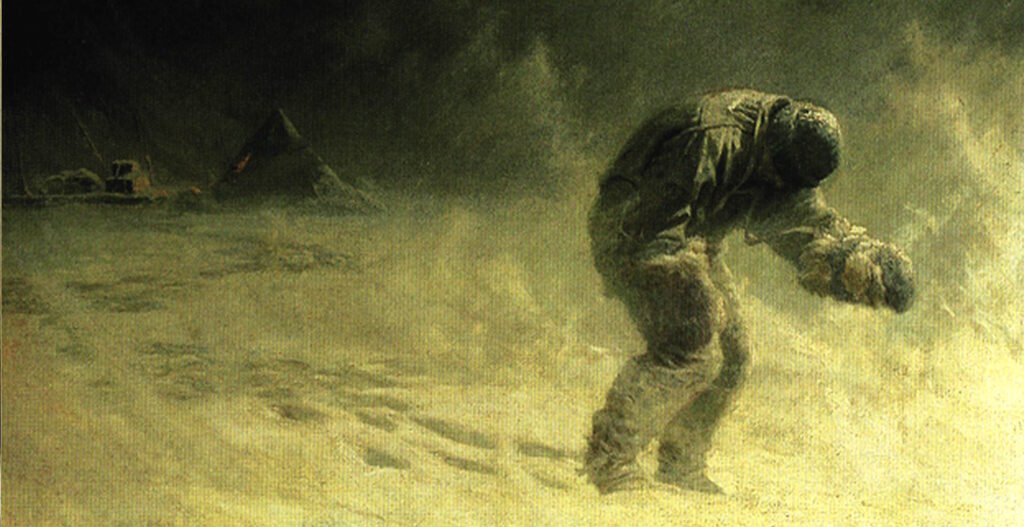
Captain Lawrence Oates
Captain Lawrence Oates, Antarctic explorer, was one of the five men in Scott’s fateful expedition to the South Pole. Suffering with gangrene and frostbite, in an attempt to save the others and in an act of supreme self sacrifice, he walked from the tent into a blizzard and certain death: “I am just going outside and may be some time.”
A very gallant gentleman.
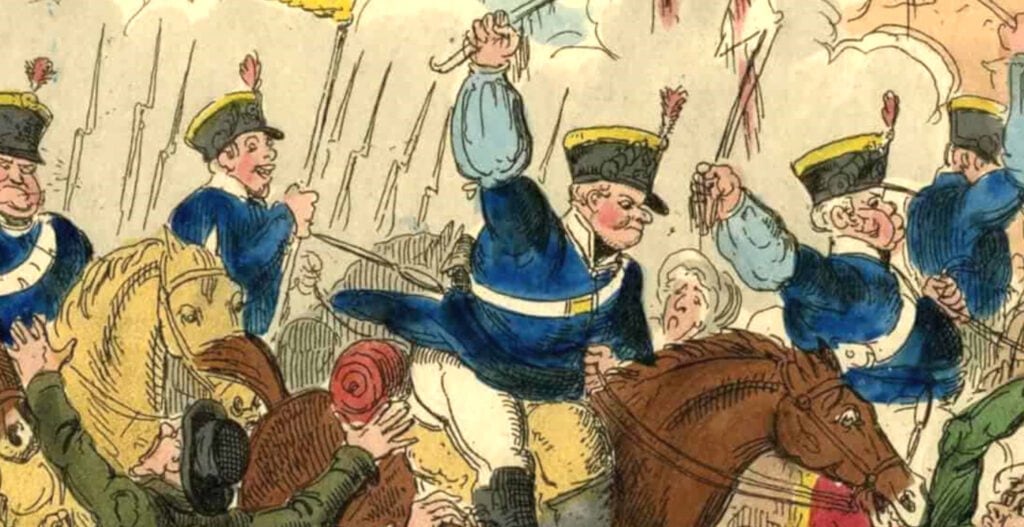
The Ely and Littleport Riots
In desperation at the high price of wheat – and therefore of bread – a large group of labourers congregated at the Globe Inn in Littleport near Ely, to demand a rise in wages and a decrease in the price of flour. The situation quickly grew out of hand…
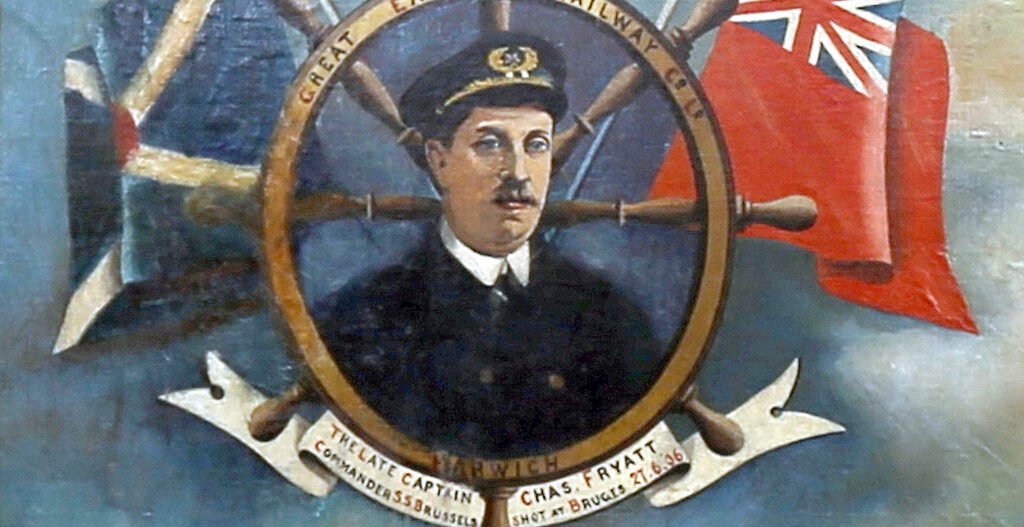
Captain Charles Algernon Fryatt
On 27th July 1916 Captain Charles Fryatt was court-martialled by the Imperial German Navy. He was executed by firing squad the same day. This civilain’s crime? Menaced by U boats he had refused to surrender his ship, deciding instead to ram the submarine…
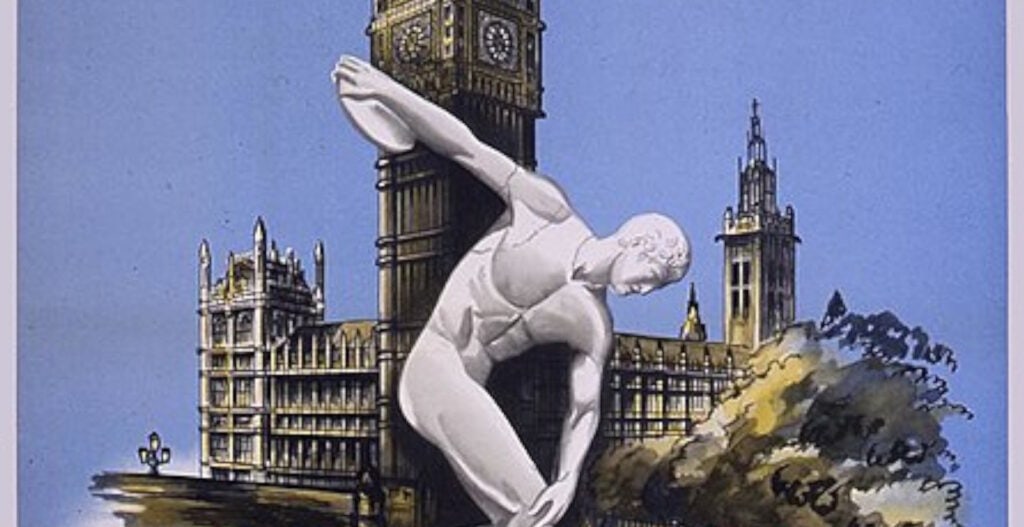
London 1948: the Austerity Olympics
The 1948 London Olympic Games became known as the “Austerity Olympics”. No one tried to hide the fact the games would be delivered on a shoe-string budget. They embraced it enthusiastically and with pride. All participating British athletes even had to provide their own shorts…
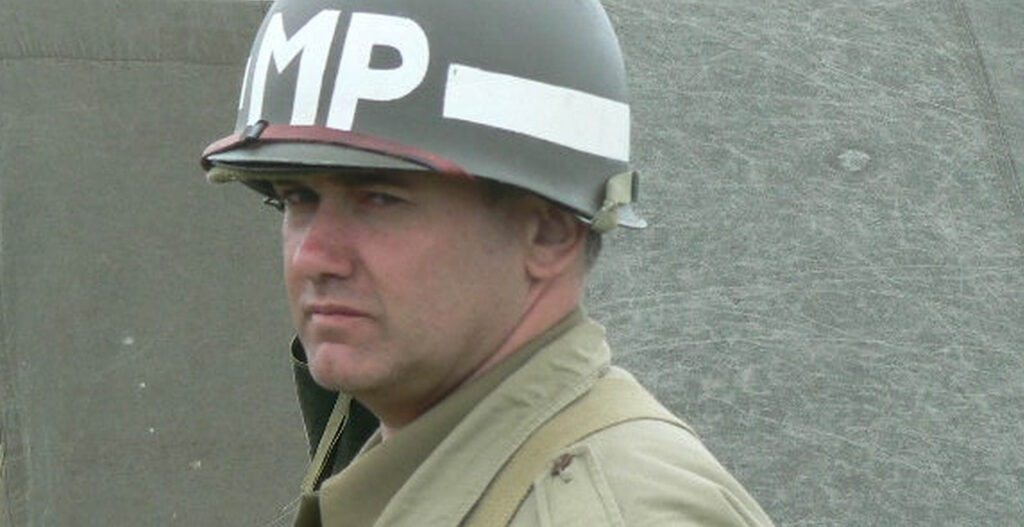
The Battle of Bamber Bridge
In June 1943, exacerbated by alcohol, underlying hostility and entrenched racial prejudice, a minor incident in a small Lancashire village among American GIs stationed nearby, escalated into what became known as the Battle of Bamber Bridge…
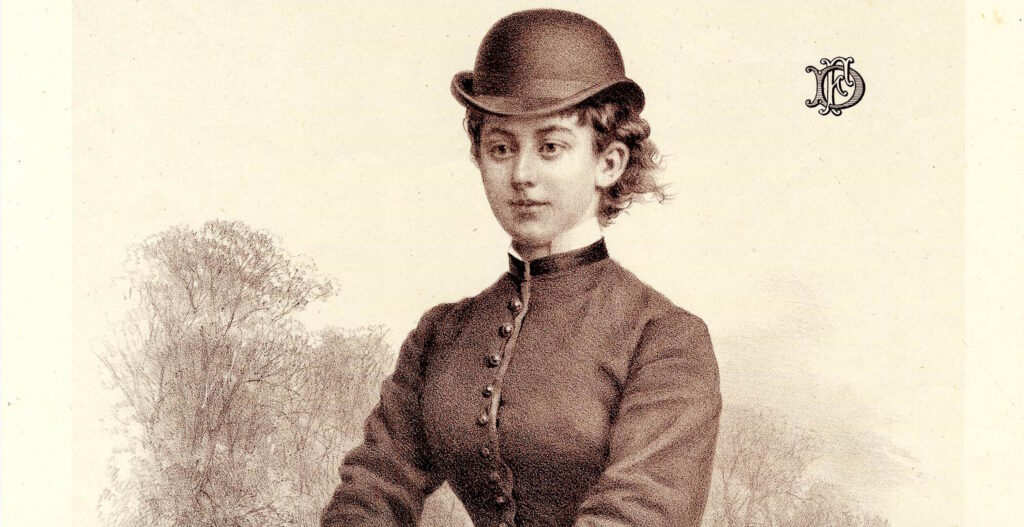
Lady Florence Dixie
The aristocratic Lady Florence Dixie threw off the shackles of her Victorian upbringing and embraced a career as a war correspondent, feminist writer, traveller, campaigner – and first President of the British Ladies Football Club…

